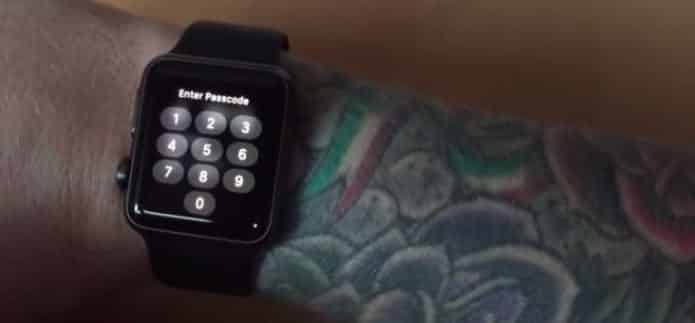Apple accepts that tattooed wrists prevent Apple Watch’s sensor from getting notifications
One of the several issues that Apple has accepted with the Apple Watch is the Tattoo ink. Though Apple has not yet replied to the query from FoxNews about unreliable proof that tattoo ink can prevent the ability of the watch’s sensor to get alerts and read your heart rate. An Apple support page is dedicated to address the latter — heart rate.
The support page spells out possible problems – not limited to tattoos. “Many factors can affect the performance of the Apple Watch heart rate sensor,” the Apple page states.
“Skin perfusion” – which explains how much blood flows through your skin – is one factor.
“Skin perfusion varies significantly from person to person and can also be impacted by the environment. If you’re exercising in the cold, for example, the skin perfusion in your wrist may be too low for the heart rate sensor to get a reading,” the Apple support page states.
Uneven movements can also have an effect on readings from the heart rate sensor. “Rhythmic movements, such as running or cycling, give better results compared to irregular movements, like tennis or boxing,” the Apple page states.
Last but not the least, Apple addresses tattoos.
“Permanent or temporary changes to your skin, such as some tattoos, can also impact heart rate sensor performance. The ink, pattern, and saturation of some tattoos can block light from the sensor, making it difficult to get reliable readings,” according to Apple.
Apple’s support pages, however, do not tackle the possible larger issue of alerts.
That issue has been making news on social media. Threads on sites like Reddit and Twitter point to a possible problem with the ink coming in between the alerts and making the watch to “lock,” stopping the pings that notify a user to alerts.
One Redditer said that “The watch would lock up every time the screen went dark and prompted me for my password. I wouldn’t receive notifications.” Other commenters, who had the same kind of experiences, looked to back the claim.
The topic has also been trending on Twitter under the hashtag #tattoogate.

